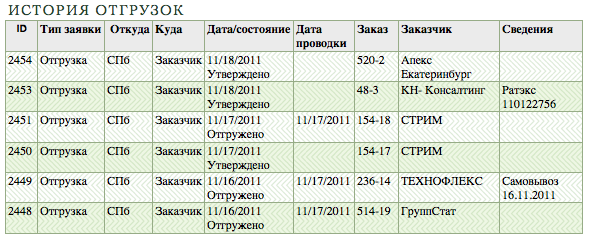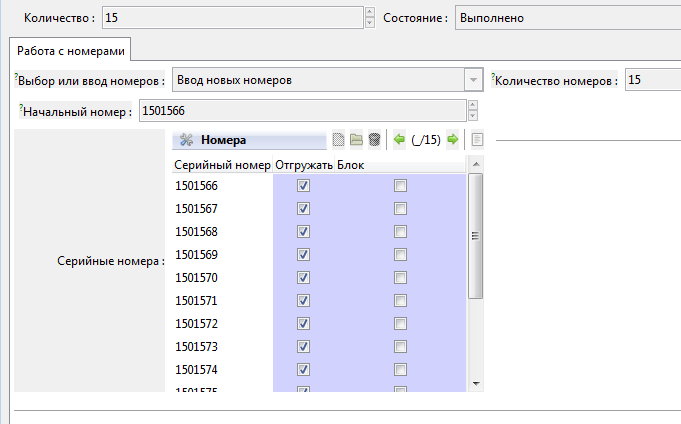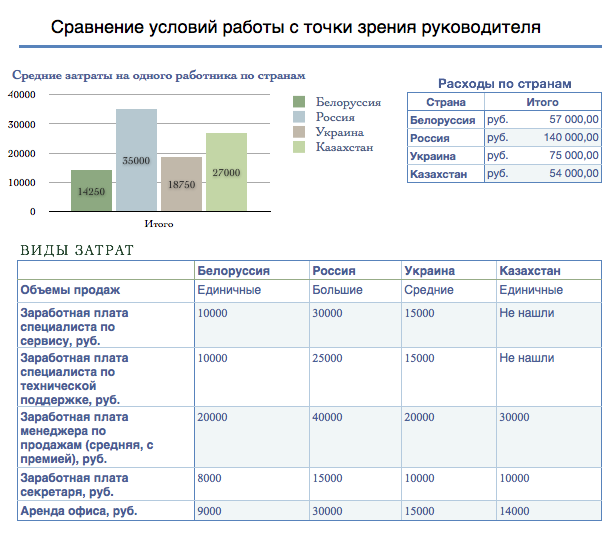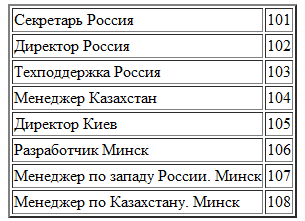Experience creating a distributed office

Hello, dear Habrayuzer!
The nightmare of a manager is the thought that the employees were not given an assignment and the wages were eaten for nothing. It would be nice to reduce it. And rent is expensive. I'll tell you how I got rid of these nightmares. I must say that I am not an IT person. Perhaps some of the solutions seem naive to specialists. But the question, in my opinion, is relevant.
')
A few years ago, in the fat pre-crisis years of our native Belarus, when it was easiest for those not involved in the IT business to “bring in and push imports”, we relied on promoting Belarusian engineering products for export. Were saddled a couple of KB with preserved equipment and a thirst to release something new. To implement the enterprise was opened in Russia and things went.
But immediately I had to drive away the thought that we were like shuttles with bags. For quality training in working with equipment, technical support and sales, Russian companions lacked knowledge. In any case, those professionals that a young firm could afford (I don't like loans and investors). Good engineers in Russia are deservedly expensive. Nevertheless, Kazakhstan and Ukraine were interested in new products, and in order to facilitate the sale of products, they had to open an enterprise there, without any specialists at all. Immediately exacerbated the problem of accounting for goods in warehouses, whose number has reached 6.
In addition, we began attempts to localize and partially assemble equipment in Russia, which required a uniform numbering and traceability of products. It looks serious, but there was still no money - the development of the first business in life takes everything. We began to optimize the work with the idea of automatically issuing passports for the delivered goods. Since there were already several production sites, it took something like warehouse software with a common base and access via the Internet.
The freelancers' exchange was mastered and the first pancake went into the furnace with the freelancer - after the advance I did not see it. The second proposed to base warehouse software on openERP, another 300% of functions were added to the project.
Now for all its 24000r it is able to do the following:
1. Accounting for orders and shipments
2. Analysis of stock balance taking into account orders and cargo in movement between warehouses
3 Accounting applications for production and returns from production
4. Assigning unique factory numbers and tracking the fate of the product
5. Automatic PDF generation of a passport for a series of products with affixed numbers and values in the datasheet
General interface of the program:

Here is the general shipping history:

The window assignment of factory numbers:

This made it possible to free up some of the workers and I began to think further. By that time, a smart English-speaking girl appeared in the state, who, for little money, from her Ukrainian town cut off phones to potential clients all over the world via Skype. The need to unite everything into a single living office was brewing, ICQ and other messengers did not solve the problem in any way.
Here I was accidentally acquainted with a talented and importantly able-bodied IT specialist who loved his business more than studying at the university. We drove somewhere in the car when he boasted how he helped to equip a remote workplace for a pair of logisticians to a familiar director.
After that, our company took a slightly different look, thanks to the factors that are tabulated.

* Abstract figures display the ratio of numbers under comparable conditions.
1. Russian office - a necessary minimum of sales staff (for negotiations, as well as for the eastern part of Russia because of time zones), a specialist in primary technical support, a specialist in primary service, equipment installation teams in the region.
2. Kazakhstan office (it’s also Terra Incognita) - “invoicing manager”
3. Ukrainian office - does not require optimization, it is rational to leave everything as it is.
4. Belarusian office - it's time to urgently expand the sales managers, technical support specialists and square meters. Belarusians carry out sales by phone in Russia and Kazakhstan, carry on correspondence with customers, carry out qualified technical support.
The basis of the system is the central server router for computer telephony Asterisk. The server is created on the basis of a cheap VPS server in the Moscow data center for the smallest route of voice traffic (voice delay, echo, voice interruption, etc.).
Digital and analog mini PBXs are involved in the general communication scheme. Old analog PBX systems that do not have standard capabilities for connection to IP telephony are connected to the communication scheme using special SIP gateways. Also, GSM-gateways, based on old computers and conventional 3G modems, which effectively bypass international roaming.
System structure
The optimal structure of a distributed office in our case:

Each employee in a prominent place hanging leaf with internal numbering.

* and further in the list
Any incoming call can be switched to any subscriber. If the subscriber is not on site or is not online, the call through the local gateway comes to the mobile phone at the price of a local call. You can also make calls using Softphone softphones or any SIP clients embedded in modern mobile phones.
The system allows you to make calls without a computer - via a call to a local gateway with a dial tone of the called number.
A logical addition to our VOIP system is unlimited SIM cards and usability from anywhere in the world that has the Internet. Thus, for half of the positions, we select employees only by professional qualities - regardless of their place of residence. And to expand the office hours, we are now looking for a sales manager from the Far East.
Currently, 38 subscribers from 4 countries and 8 cities are connected to the system. In Belarus, while 6 employees were employed for remote work. This kind of back-office saves about 60,000 rubles a month at a cost of creating a VOIP system of 150,000.
After that, the site was finalized and integrated with the openERP website — incoming orders from the online store are automatically added to the database. And from the base to the site are loaded new prices and information about discounts for a specific user, as well as information about the tracking of goods - the invoice numbers of the transport company and order status. So we freed up another half of the employee’s rate.
Of course, a task scheduler is required for a distributed office. The Iteamma Management License will end soon, until it settles on something else. The plans - the introduction of a CRM-system and its integration with Asterisk. Restrains while insufficient computer sophistication of a number of employees in working with software such as SugarCRM. We still prefer to invest money in machines rather than in the new position of deputy director for IT, therefore, only intuitive software gets distribution from us - there is simply no one to train users to work with advanced CRM.
All the solutions we used are actually self-written — the site, the warehouse management on openERP, and the solution on Asterisk — because we did not find ready-made solutions that suit us with a minimum of excess.
So, our findings:
1. Distributed office - allows you to find inexpensive qualified employees and integrate them into your company. For engineering enterprises, these are sales staff (part) and technical support (part).
2. The existing difference in wages and rents in Russia and Belarus allows recouping the cost of creating a remote workplace in 2-3 months.
3. To organize sales in Kazakhstan, elements of a distributed office are necessary because of a shortage of engineering personnel in the field.
4. For a small enterprise whose employees live and work in different cities, they need an enterprise management and sales system. But they should be easy to learn - no extra features.
PS In Belarus, just the crisis broke out and wages fell sharply. If you sell corn in banks in bulk throughout Russia or other IT-products that do not require a personal visit - it's time to pay attention to the Distributed Office.
Source: https://habr.com/ru/post/133934/
All Articles